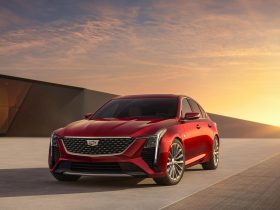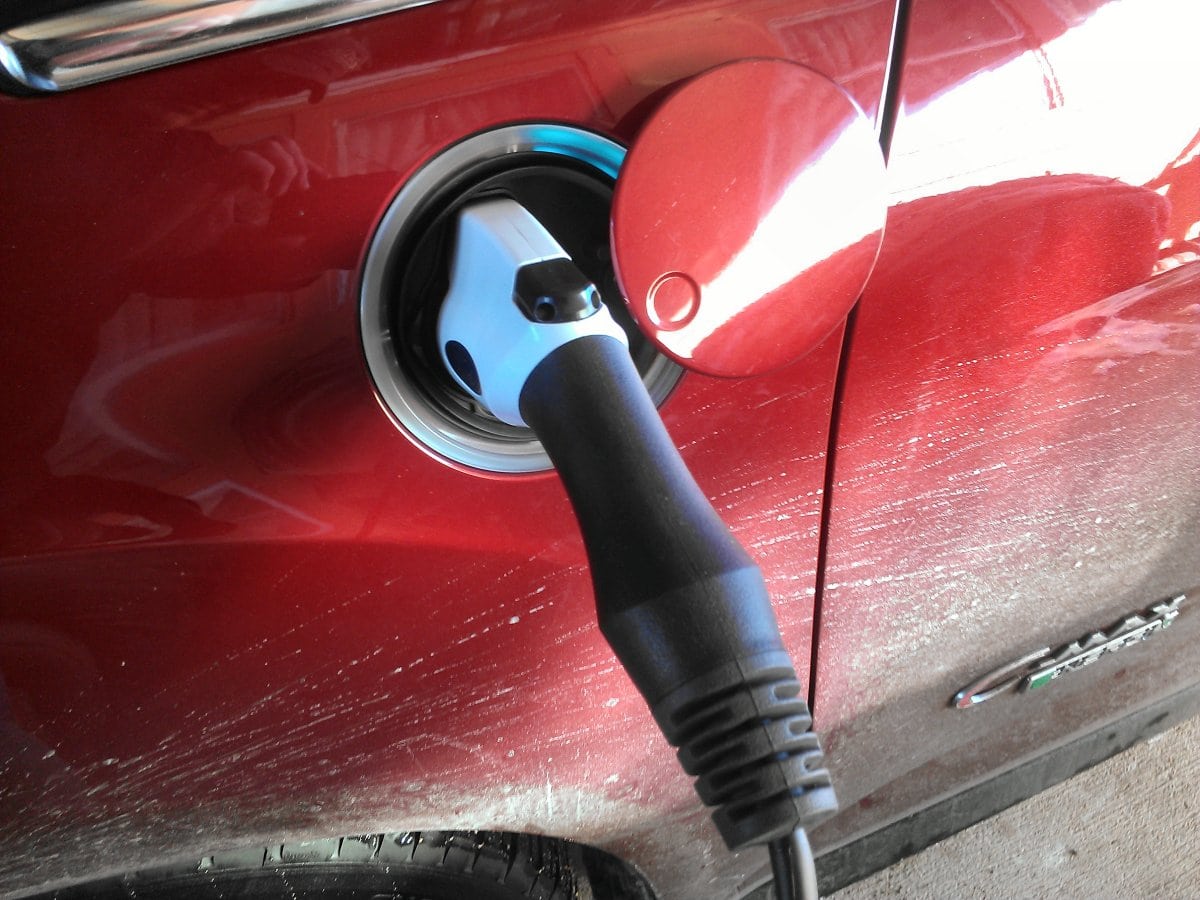Consumers expect to use cars differently—showing particular interest in self-enabling vehicles—though they don’t necessarily want to own one in the traditional sense, according to the results of IBM’s automotive consumer study, presented at the North American International Auto Show (NAIAS) in Detroit. This presents opportunities for automakers to apply analytics and cognitive capabilities to develop new vehicle options.
A New Relationship – People and Cars, developed by the IBM Institute for Business Value (IBV), reports that consumers also show a high level of interest in self-enabling vehicles, or cars that can learn, heal, drive and socialize. These capabilities include autonomous, self-driving cars, vehicles that can be fixed without human intervention and the implementation of cognitive computing to learn and assimilate to the driver’s behaviors, the vehicle itself and the surrounding environment.
For this second part of the Automotive 2025 series, IBM interviewed 16,469 consumers in 16 countries to determine how they expect to use vehicles in the next ten years. The first report featured the opinions of 175 global automotive industry executives, including OEMs and suppliers.
Read more about it and a new Ford program being piloted in Texas that allows fractional ownership in an article I penned at Gizmag.







